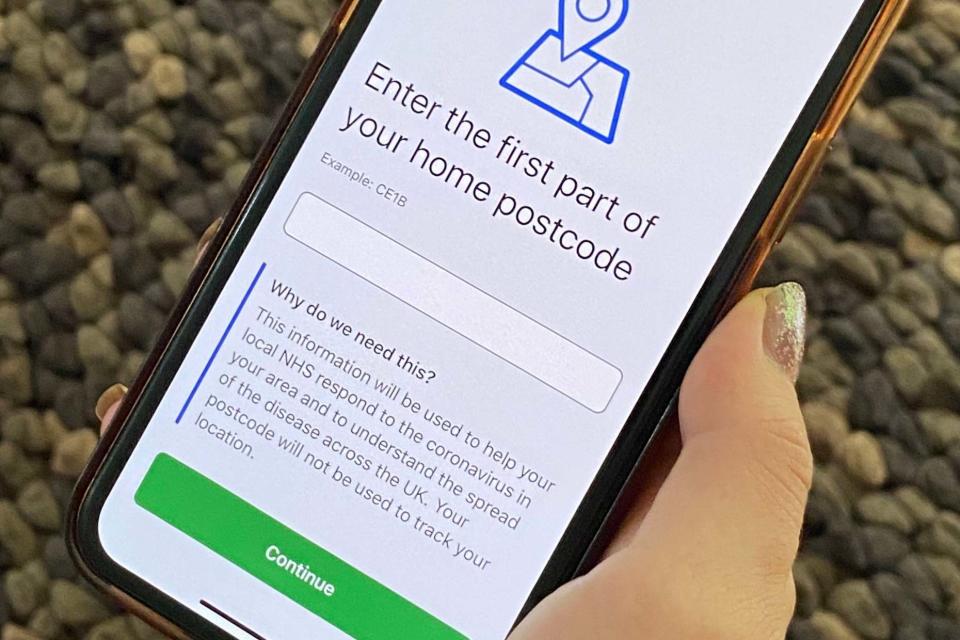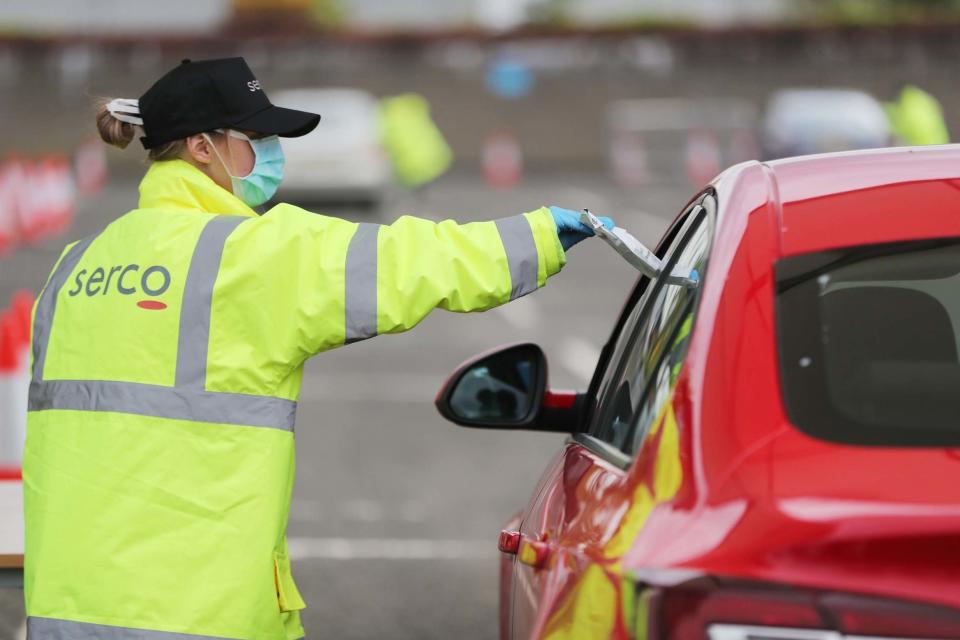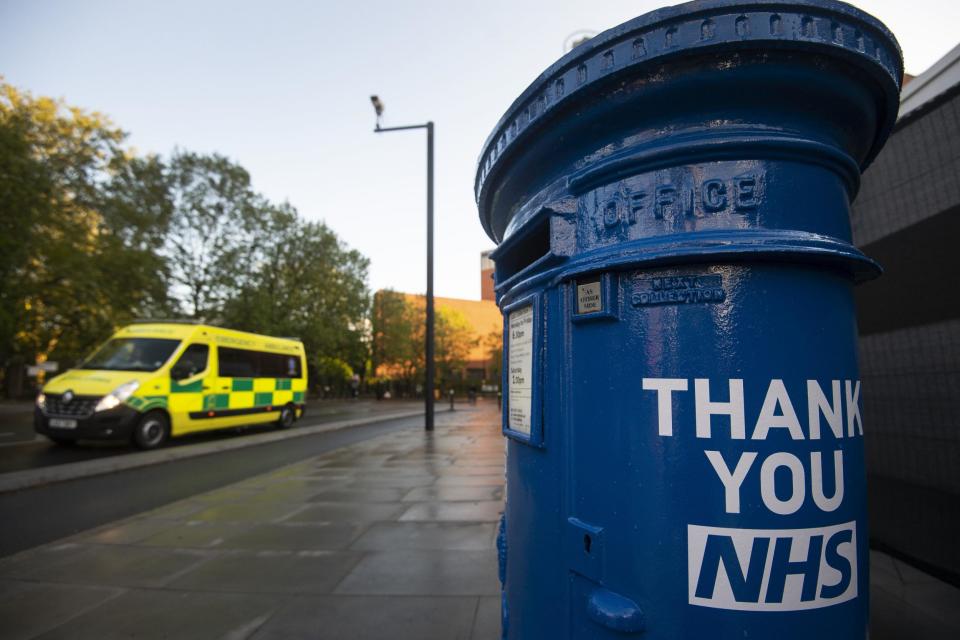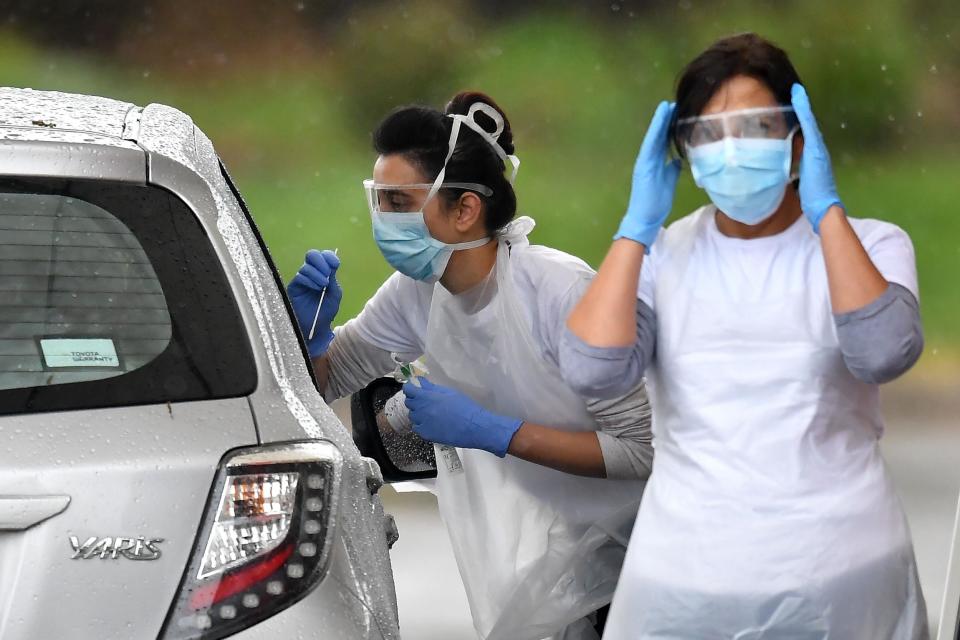How will the test, track and trace app work?

The UK will use a mobile app to try and control the spread of coronavirus, Health Secretary Matt Hancock has said.
The app, called test, track and trace, was trialled first on the Isle of Wight, and launches in England today.
It aims to map the people that coronavirus sufferers come into contact with, so it can work out who else is at risk.
Health Secretary Matt Hancock has urged the public to carry out their "civic duty" and make the new test and trace system work - saying the only other option is continuing the lockdown.
But how does the app work, and how does it fit into the Government's wider coronavirus plan?

Contact tracing
The app is part of the UK broader effort to control coronavirus by working out who has the virus.
The Government is also hiring 25,000 new contact tracers whose efforts will support the work of the app.
Mr Hancock encouraged people on the Isle of Wight to download the app to help the UK move out of lockdown.
He said: "By downloading the app you are protecting your own health, you are protecting the health of your loved ones and the health of your community.
“I know that the people of the Isle of Wight will embrace this with enthusiasm because by embarking on this project and by embracing test, track and trace you will be saving lives.”

How does the app work?
The app uses Bluetooth technology to log everyone you come into contact with.
If you or any of these people have coronavirus symptoms, when you or they tell the app, it alerts everyone you've been in contact with.
The app runs in the background at all times and you need to keep Bluetooth on for it to work. The form of Bluetooth the app uses shouldn't drain your battery, Mr Hancock said on Monday.
You also have to enter your postcode and allow the app to give notifications.
If you report that you've had coronavirus symptoms, the app tells you to book a test.
It then finds the people you have been in contact with over the past 28 days and tells them to self-isolate for 14 days and monitor their symptoms - in line with current Government coronavirus advice.
If your test comes back negative, the people you have been in contact with can come out of isolation. If you are positive for the virus, they have to continue to self-isolate for seven days.
Professor Jonathan Van-Tam, deputy chief medical officer for England, said at the daily coronavirus briefing: "Something that is automated, that can work alongside traditional epidemiological contact tracing is potentially going to be of very great use to us."
Will the app be effective?
The app will not be a "silver bullet", according to Matthew Gould, head of NHSX, which developed it.
It is voluntary, so relies on people signing up to use it.
“Uptake is going to be important and so is the compliance with the app and regularly using it over a sustained period of time – and those are unknowns at the moment,” Professor Van-Tam added.
“The market research we’ve done, I think, indicates for the UK that there’s a fairly significant optimism that people will engage with something that is clearly about protecting the NHS.”
Mr Hancock has said he believes “the vast majority of people” will self-isolate voluntarily under the new NHS Test and Trace system.
He previously waved away security concerns, saying the app had been approved as safe by the UK's national cyber security centre.

However, Chris Hopson, NHS Providers chief executive, said he was pleased the Government had watered down claims it had a "world class" test and trace system ready to start from June 1, "because we clearly don't".
Will lockdown end first on the Isle of Wight?
The app has been created to help the UK move safely out of coronavirus lockdown - but restrictions will not be lifted on the Isle of Wight first.
“For the Isle of Wight, all the same safeguards apply, they should still be following all the same social distancing advice,” said Professor John Newton, director of health improvement for Public Health England.
Read more
Case numbers 'must come down further' as death toll up by 288- LATEST

 Yahoo Sport
Yahoo Sport 





































